The Best Nutrition for Mountaineering & Trekking
Athlete Health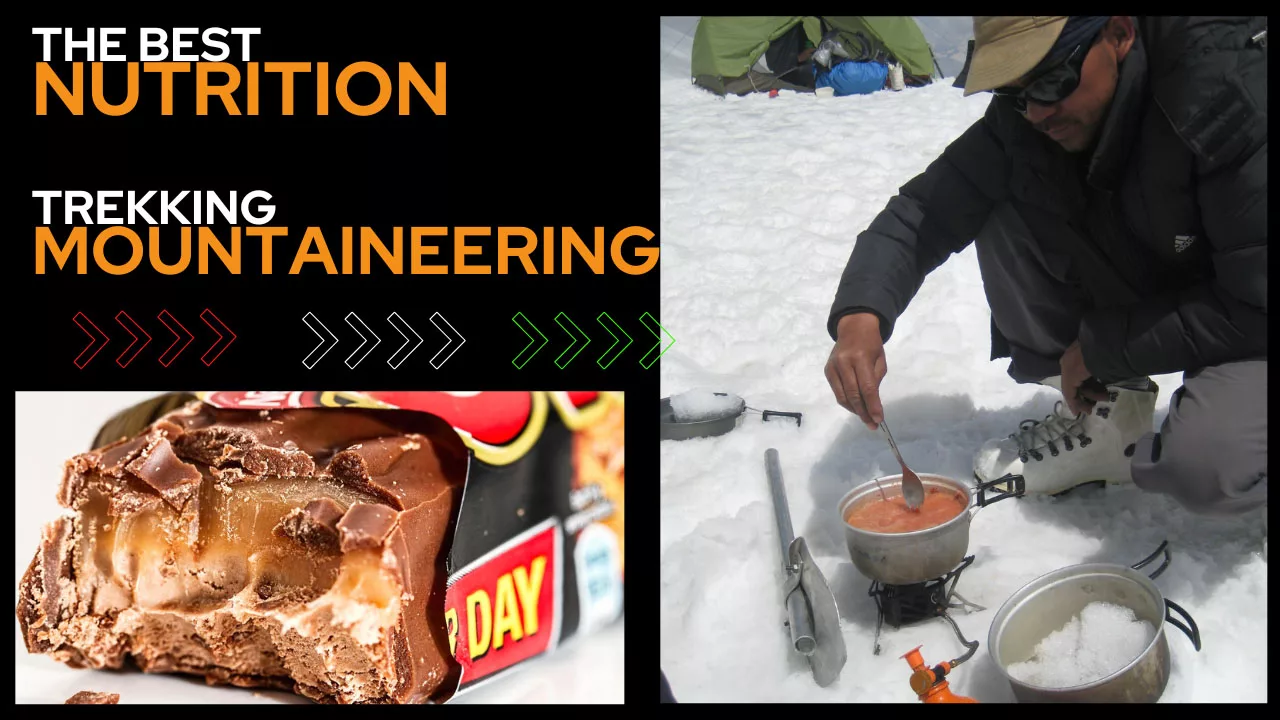
Our nutrition guide will help you prepare for your next mountaineering trip, no matter how challenging or lengthy it is. The best nutrition for mountaineering & trekking is about understanding your body and what works best for you during a hike or climb. Our guidance ensures that you consume the appropriate number of calories to fuel your body for the day without sacrificing the fun of your adventures.
The essential thing to remember is never to go hiking or climbing hungry. If you do, you’ll become tired and irritable, making the experience less enjoyable. Furthermore, when your body lacks energy, it is more susceptible to injury.
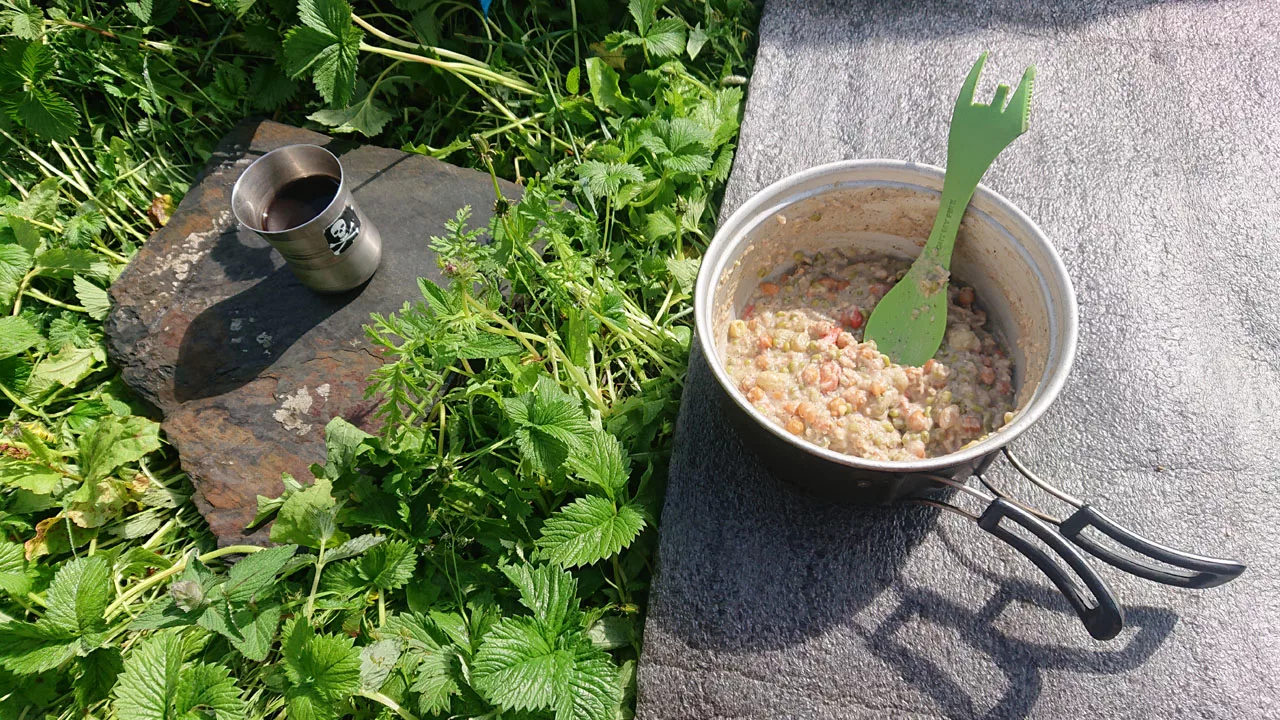
Nutrition for Mountaineering & Trekking
Nutrition is an essential part of the climbing process. If climbers are not taking enough of the right calories to burn as energy during workouts, none of the other steps in the pyramid matter. The calorie requirements of climbers and trekkers vary based on various factors, including their activity level and country of origin. Nonetheless, there are similarities in the daily food consumption of many different types of athletes. The best approach to establish your requirements is to consult a nutritionist or other health professional who can tailor a diet plan to your specific needs. The following table shows the average daily calorie intake for climbers and trekkers:
Activity Level Daily Calorie Intake
- Sedentary males who do not exercise 1,750 calories
- Active men with light activity 1,950
- Sedentary women who do not exercise 1,400 calories
- Active women with light activity 1,600
- Moderately active men 2,000
- Moderately active women 2,200
- Very active men – endurance training 3,000
- Very active women – endurance training 3,500
Rule of Thumb – Nutrition for Mountaineering & Trekking
The general rule of thumb is that athletes need to eat at least 3,000 calories a day. This is only an average and can be adjusted based on how much you are training. There are many ways to get those calories: The following basic guidelines are based on the United States Department of Agriculture’s (USDA) Dietary Guidelines for Americans.
In a perfect world,
- energy intake would = energy expenditure
In the field of climbing, particularly at greater elevations,
- calorie intake < calorie expenditure
As a result, the weight loss!
Climbers and Trekkers
Climbers and trekkers who are active or routinely work out should aim to consume at least 2,000 calories each day. This is an ideal objective for most people since it will help them maintain a healthy weight while also increasing their metabolism and energy levels. We recommend you consume three meals and one or two snacks every day. It is also critical to keep hydrated by drinking plenty of water.
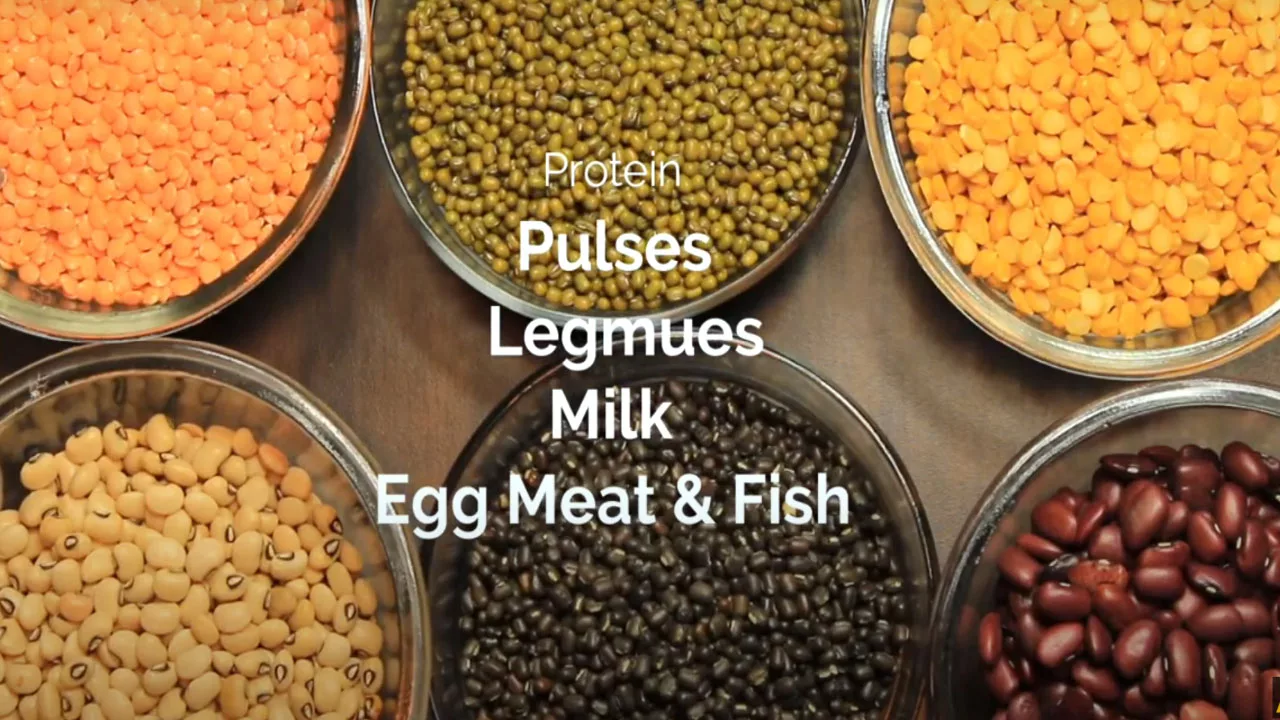
Protein
Climbers and mountaineers should be eating at least 20 grams of protein every three to four hours. This is important because it will help you maintain muscle mass and strength, as well as support your immune system.
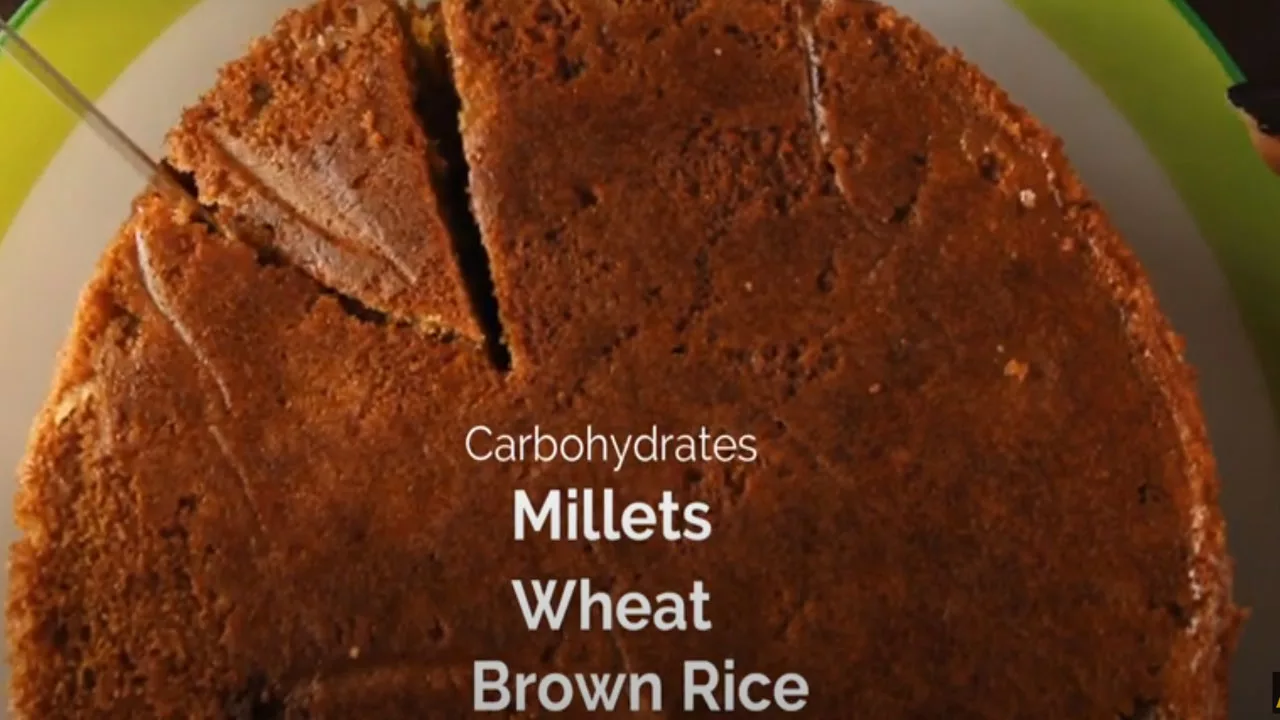
Carbohydrates
We also recommend that climbers and trekkers consume approximately 40% of their daily calories from carbohydrates. This will help them maintain a healthy blood sugar level, which is important for nerve function and brain activity.
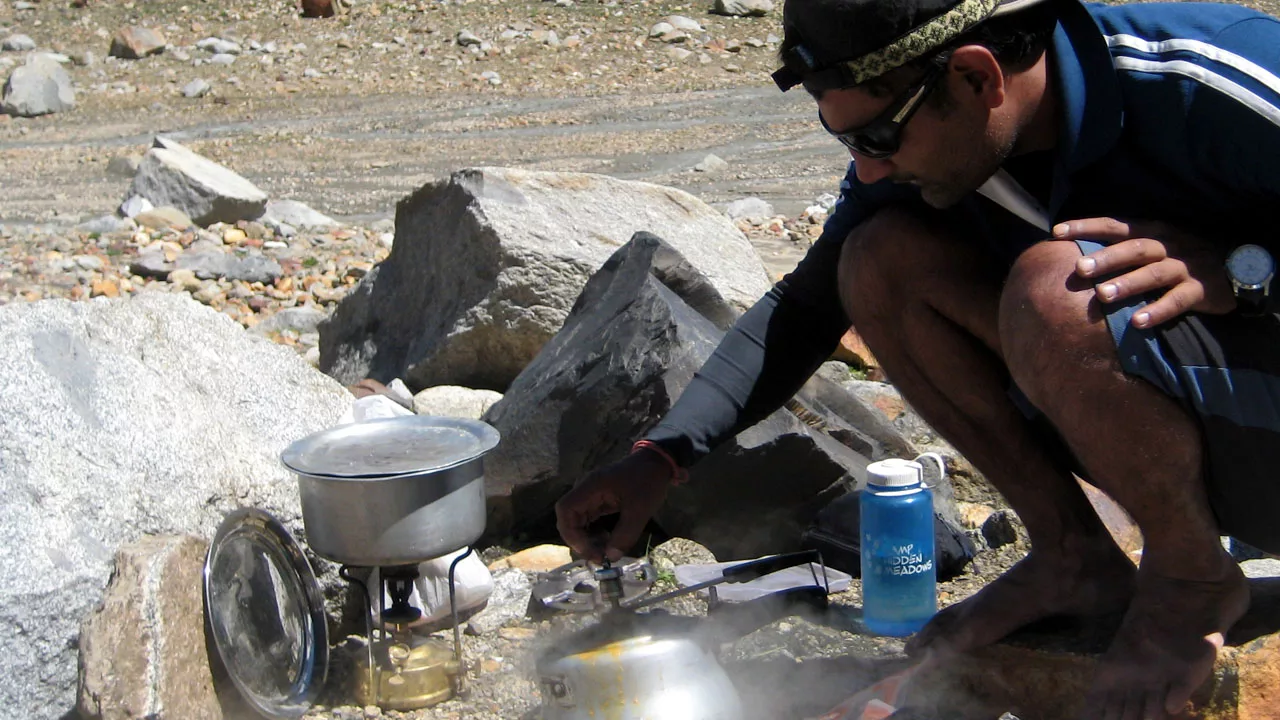
Hydrate
We recommend that you drink at least two liters of water every day if you are an active climber or trekker. This will help keep your body hydrated and prevent dehydration.
When you’re working out regularly, it’s important to consume enough calories so that your body has the energy it needs for physical activity. The best sources of protein are lean meats such as chicken or turkey, seafood, tofu, and beans.
Vitamins and Minerals
There are several other nutrients that mountaineers & trekkers should consider when planning their diet. These include calcium, iron, and vitamin B12. Calcium helps build strong bones and teeth and prevents osteoporosis-related fractures in the future. If you’re planning a long day of climbing or hiking, it may be helpful to bring along a protein bar or some nuts.
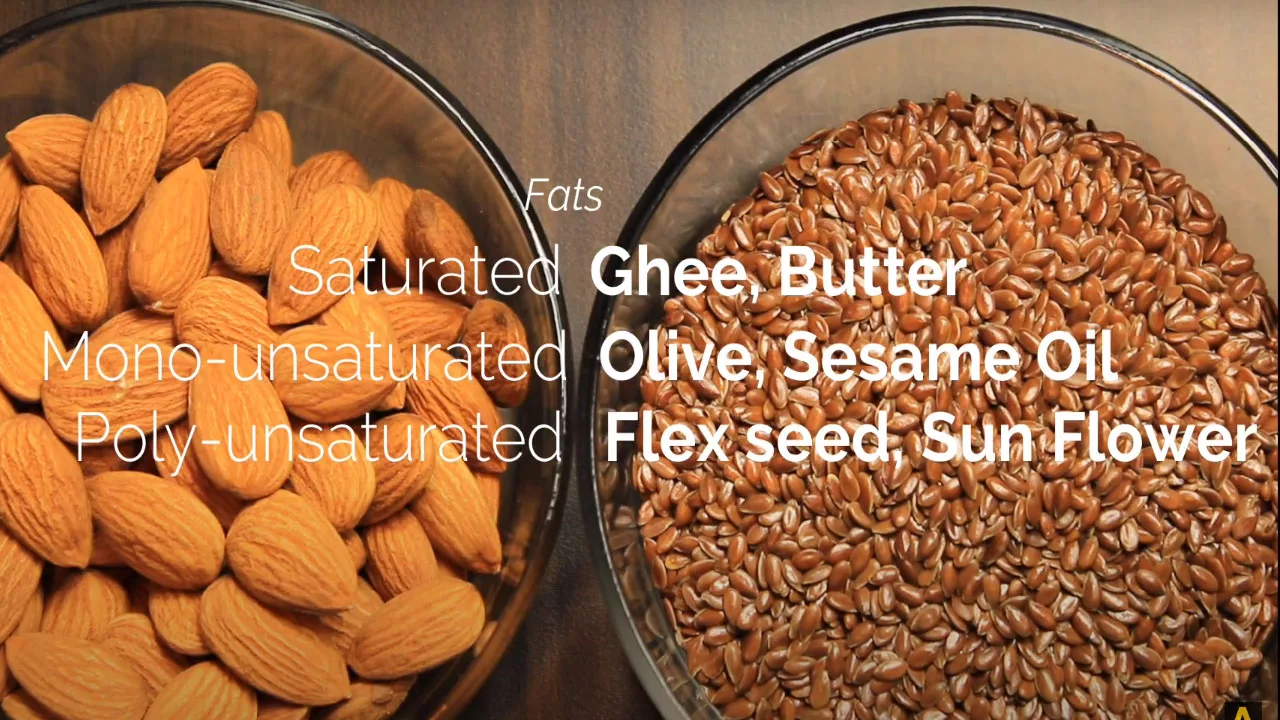
You can also combine carbohydrate and protein sources in one meal or snack, such as peanut butter on toast or yogurt with granola. The best protein sources are meat and fish, so climbers should stock up on these items before heading out into the wilderness. Dairy products such as cheese can also be used to boost your protein intake.
Climbers need to eat enough nutrients to maintain their climbing activity, as well as have access to food to fuel their bodies during a long day of climbing. At the same time, it is important to include a variety of foods in their diet. This will help ensure that they get all of the vitamins and minerals they need to stay healthy.
Eat Fiber
It’s also important for climbers to eat enough fiber, as this helps keep their digestive system running smoothly. This will help to ensure that you get the right amount of all the essential nutrients.
Climbers should make sure they eat plenty of fresh fruit and vegetables, as well as low-fat dairy products such as cheese and yogurt. They should also include foods rich in vitamin C, such as oranges or mangoes.
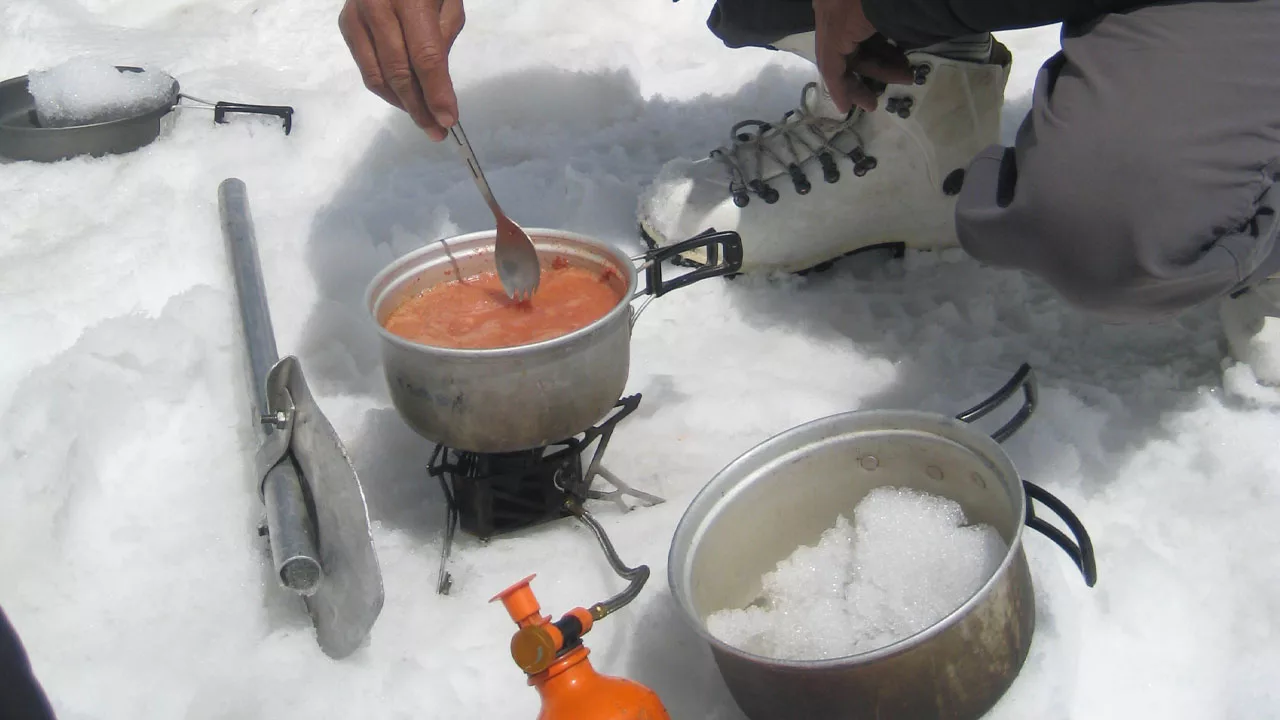
Emergency Supplies
The best way to ensure that climbers have access to the food they need is by keeping emergency supplies on hand. A backpack full of snacks will help climbers get through any climbing session, from an afternoon at the gym to an all-day excursion in the mountains. Climbers can also carry some energy bars and protein bars for when they feel weak or hungry during a climb.
Conclusion – Nutrition for Mountaineering & Trekking
Climbers should eat a healthy diet that includes fruits, vegetables, and grains. Climbing is an endurance sport, so climbers need to fuel their bodies with carbohydrates to provide energy for climbing. In addition to eating foods rich in carbohydrates such as bread, pasta, and rice, climbers can also drink juice or sports drinks such as Gatorade. “Healthy mind resides in the healthy body.”